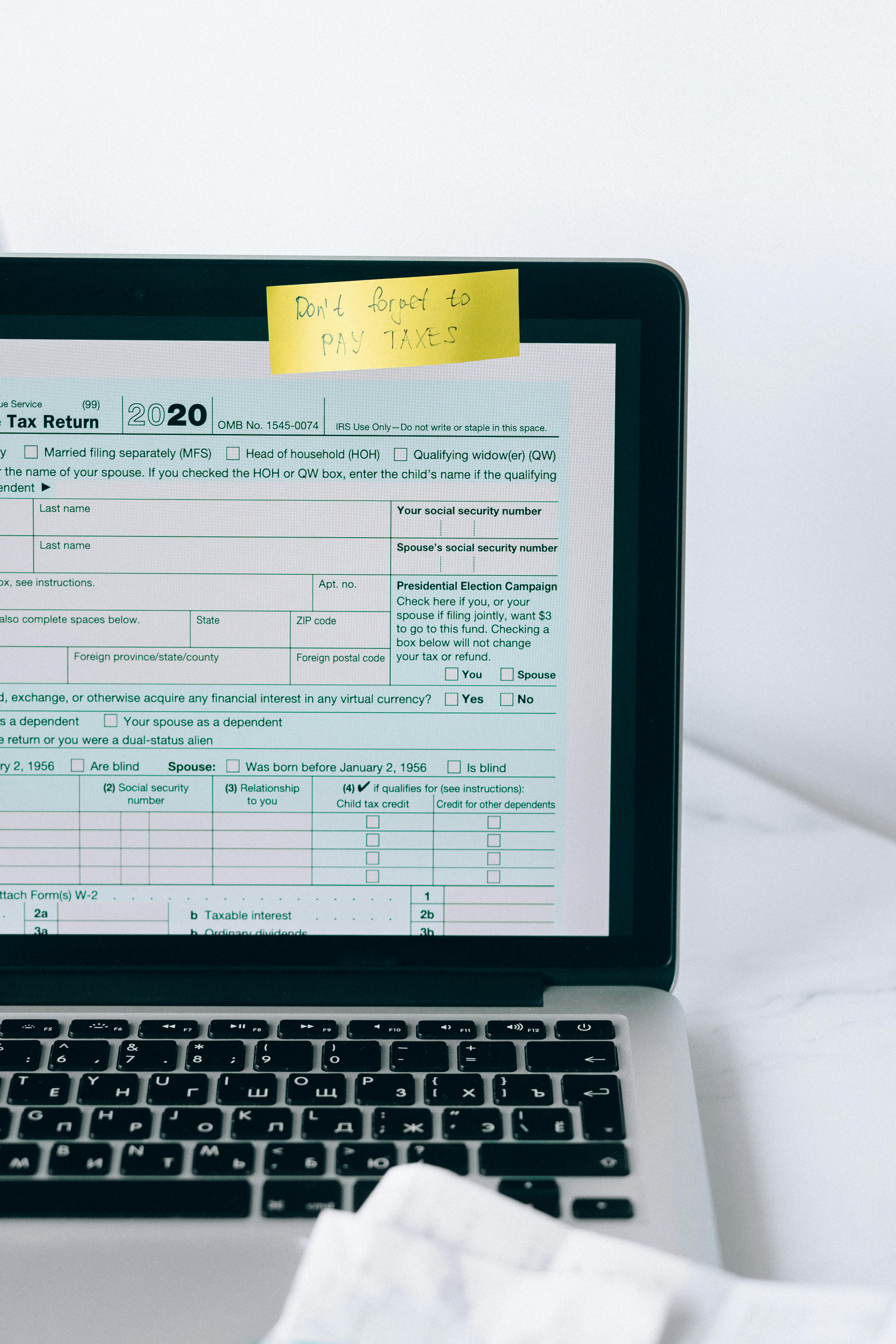When you win big at an online casino, the thrill is undeniable — but what does it mean for your taxes if you’re playing from the United States? This is a key question we get all the time at My Casino Lawyer. Understanding how online casino taxes work isn’t just for high rollers; anyone who wins (or even loses) can be affected. In this deep dive, we’ll take you through how the IRS views your gambling activities, how to handle taxes on your winnings, what counts as a deductible loss, and how to stay compliant while playing at the best online casinos.

Understanding How the IRS Treats Online Casino Winnings
First things first: In the U.S., gambling winnings — including those from legal online casinos — are considered taxable income. It doesn’t matter where you play or how small the amount; if you win, it’s reportable.
- All gambling winnings are taxable. This includes slots, table games, poker tournaments, sports bets, and even sweepstakes at online casinos.
- Winnings must be reported as “Other Income” on your federal tax return (Form 1040).
- Winning big? You’ll receive tax forms. If you win above certain thresholds (often $1,200+ for slots or bingo, $5,000+ for poker tournaments), the casino may issue a W-2G tax form, and in some cases, withhold federal taxes automatically.
How to Report Your Online Casino Winnings in the US
Responsibility falls on you, the player, to accurately report all your winnings, even if you didn’t get any paperwork from the casino. Here’s what you need to know:
- Keep a Gambling Diary: Record each winning session, including date, casino name, game played, and the amount won.
- Tax Form 1040: Enter your total gambling winnings for the year under “Other Income.”
- If you received a W-2G: The amount and any withholdings will be pre-filled; include these figures in your filing.

What About Losses? The Right Way to Deduct
The IRS allows taxpayers to deduct gambling losses, but only up to the amount of your reported winnings. You can’t use these losses to reduce your tax bill on other income — just to offset winnings you report in the same year.
- Losses must be itemized. This means you’ll have to use Form 1040 Schedule A — so it only benefits players who itemize their deductions.
- Evidence is critical. Keep records of deposits, withdrawal slips, losing tickets, statements from your online casino account, and detailed notes of each session for audit-proofing.
- Never claim more in losses than you report in winnings. That’s a red flag for the IRS.
Withholding and Estimated Taxes: What You Need to Know
If you hit it big, some regulated online casinos may automatically withhold federal taxes, especially if required by law (typically 24% of the amount won over set limits). If you don’t have withholdings, you might need to make quarterly estimated tax payments — important to avoid underpayment penalties.
- No withholding? You’re still required to pay taxes. Estimate what you’ll owe and pay quarterly if necessary.
- State taxes may also apply. Many states with legal online casino play treat winnings as taxable income — with rates and rules varying significantly. Always check your own state’s guidance.

U.S. Tax Treatment of Bonuses, Jackpots, and Crypto Winnings
At My Casino Lawyer, we see a lot of confusion around special online casino promotions, jackpots, and crypto payouts. Here’s what’s important:
- All bonuses and promotions are taxable. If you win via free spins, match bonuses, or loyalty rewards, these count as “other income.”
- Progressive jackpots are no exception. The entire sum is treated as taxable income in the year received.
- Crypto casino payouts: If your casino pays in Bitcoin or other crypto, you may have extra reporting: winnings get converted to USD value at time of receipt, and later sales of your crypto could trigger capital gains taxes.
Professional vs Casual Players: The IRS Sees a Difference
Most of us are casual players, enjoying online slots or the occasional game of blackjack. But if you gamble professionally, the IRS provides a separate set of rules — winnings are income, but expenses, travel, and fees may become business deductions. If you think you cross that line, consider consulting a tax advisor for your unique situation.
Compliance Tips: How Not to Get Caught on the Wrong Side
We want our readers at My Casino Lawyer to stay safe and compliant. A few practical tips from the trenches:
- Always keep accurate records of your wins and losses, including statements from online casinos.
- Don’t assume state-by-state rules are the same — online casino taxation and legality varies widely across the U.S.
- If you receive funds from offshore or unregulated casinos, tax obligations still exist, and extra scrutiny can apply.
- When in doubt, consult a professional tax advisor familiar with gambling and online casino taxation.

FAQs on Online Casino Taxes in the US
- Is every dollar I win at an online casino taxable? Yes, all winnings — no matter how small — are supposed to be reported as income.
- Do I have to pay state taxes as well? Nearly every state that allows for legal online casinos also taxes your winnings. Rules vary, so know your state’s requirements.
- What if I win in a different state than where I live? You may need to file a return in that state too, depending on the rules involved.
- Are bonuses and free spin winnings taxable? Absolutely — they are treated just like regular casino winnings.
- Can I deduct all my gambling losses? Only up to the amount of your gambling winnings, and only if you itemize deductions.
Why Honest Record-Keeping Matters
Part of staying protected as an online gambler is keeping thorough, up-to-date records. Not only does this let you claim any possible deductions, but in the event of an IRS inquiry, solid records are your best friend. At My Casino Lawyer, we hear far too often from players who get caught off guard — staying organized can make a world of difference.
The Bottom Line: Play Smart, Play Safe
Whether you’re spinning slots, shooting craps, or placing bets on your favorite blackjack game, it pays to be tax-smart as well as lucky. Staying compliant isn’t just about avoiding trouble; it’s about maximizing your gains and reducing stress around tax season.
If you’re looking for safe, regulated, and reliable online casinos — all with full transparency around withdrawals and compliance — check out our curated casino reviews and guides at My Casino Lawyer.
Got more casino-related questions, want to share your experience, or need help finding the most transparent operators? Join our player community and let’s help each other play smarter and safer!











